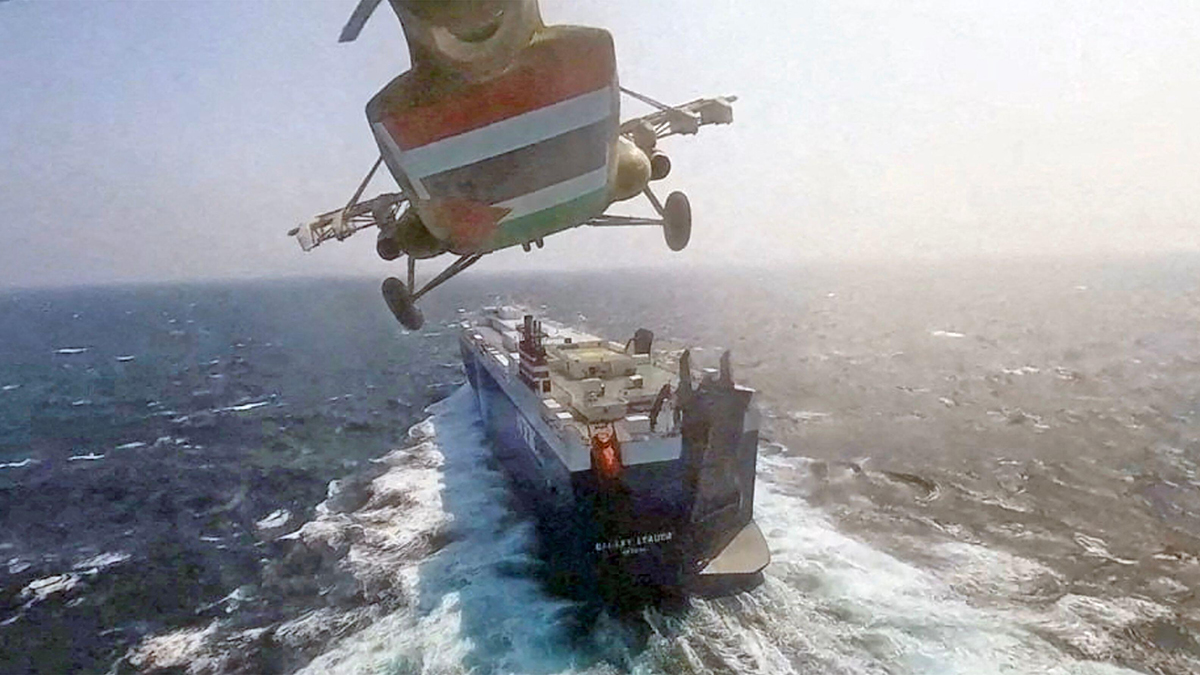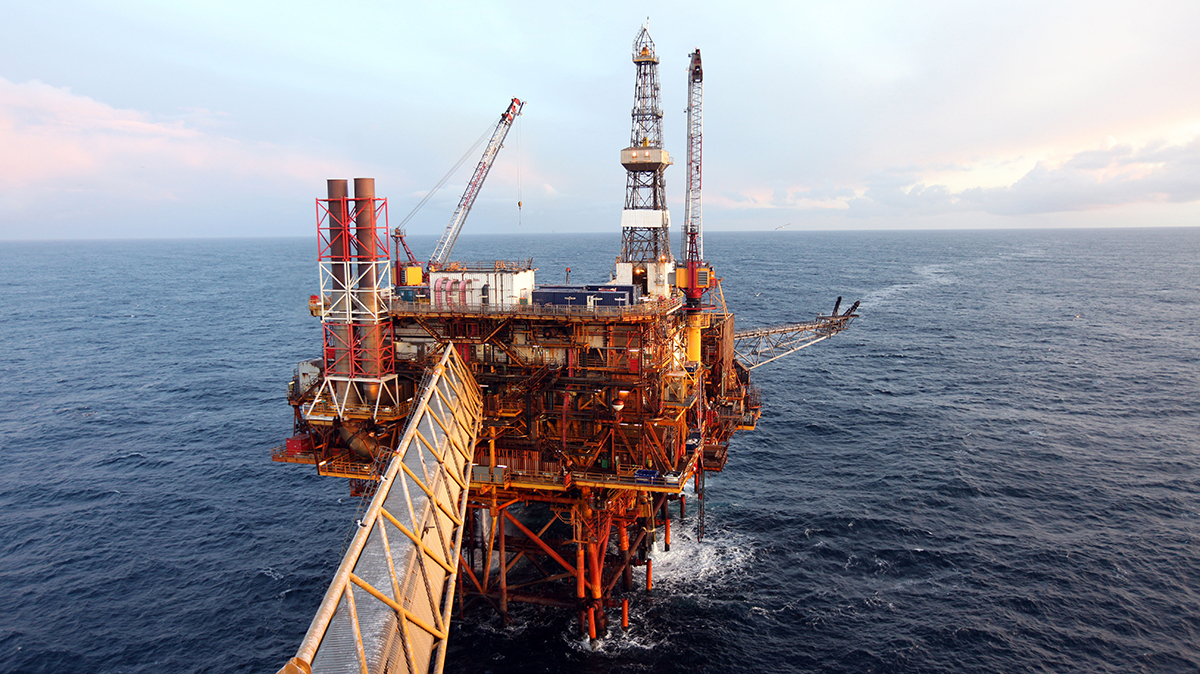Marine insurers must take on modern slavery in maritime industries, Iumi warns
Exploitative labour practices expose sector to reputational and legal risks
Call comes ahead of trade association’s annual conference in Singapore next month
Marine insurers should take on modern slavery and forced labour where it is evident in the maritime and logistics industries, the sector’s leading trade association has argued.
The call comes as the International Union of Marine Insurance prepares for its annual conference in Singapore next month, which begins on September 6.
The term “modern slavery” is used by campaigners to highlight 21st century forms of extreme exploitation, particularly forced labour, where individuals cannot leave a job because of threats of violence or other forms of coercion.
It contrasts with traditional forms of slavery, typified by the 18th- and 19th-century transatlantic slave trade, in which the extensive involvement of shipping and marine insurance has been documented by historians.
It does not necessarily entail the legal ownership of one person by another.
Iumi has now published an information paper, setting out the reputational and legal risks facing insurers that underwrite operations linked to such modern slavery.
Even where insurers are not directly involved in abuses, they may be indirectly, and unwittingly, enabling unethical activities if due diligence is lacking.
“Modern slavery is impacting an estimated 28 million people,” said Iumi secretary-general Lars Lange. “Marine insurers must be aware of the potential consequences of insuring unethical clients and consider integrating ethical underwriting practices to support responsible business.”
The paper found that modern slavery – including forced labour, human trafficking, and exploitative recruitment – affects a range of industries that have links with marine insurance, ranging from fishing and shipping to textiles, agriculture, and manufacturing.
Sectors such as distant-water fishing, garment production and the maritime industry/seafaring are identified as particularly high risk.
Key recommendations for marine insurers include conducting robust due diligence during underwriting processes; implementing clear environmental, social and governance policies that address human rights; and collaborating with all stakeholders to improve transparency in maritime supply chains.
Recent cases, including lawsuits against major seafood and agriculture companies, underscore the growing legal exposure for businesses complicit in forced labour.
Legislative measures such as the EU Corporate Sustainability Due Diligence Directive and the UK Modern Slavery Act are increasingly holding insurance entities and their financiers accountable.
In particular, the maritime sector is seeing increasing instances of seafarer abandonment and denial of shore leave, with the International Maritime Organization reporting a record number of abandonment cases in 2024.
“Insurers are one step removed from these operations, and it is important to acknowledge that they often face practical limitations in detecting these abuses given their indirect role and the complexity of global supply chains,” Lange went on.
“However, as far as possible, marine insurers should take a proactive stance; not just to protect reputations, but also to align the insurance industry with global human rights standards.”
The information paper can be downloaded from Iumi’s website.
This article first appeared in Lloyd’s List, a sister publication of Insurance Day




